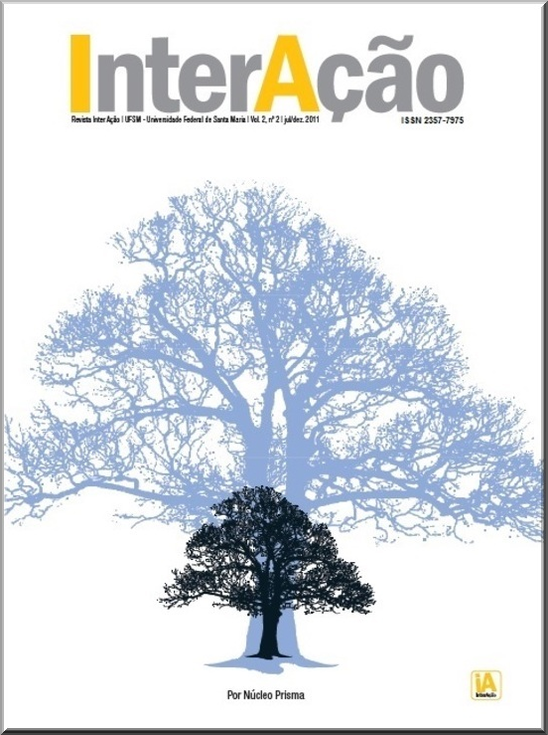O exercício do soft power: futebol e o caso brasileiro
DOI:
https://doi.org/10.5902/2357797512714Keywords:
International Relations. Soft power. Sport. FootballAbstract
Based on the concept of soft power, this article aims to deal with football as a source of State power. The text depicts football as an important factor in the international context mainly through its soft power, and its objective is to show that this sport actually works as an instrument of the state. In order to demonstrate this, the article analyses the Brazilian government’s actions involving this sport, concluding that football is a soft power’s primary source, and not secondary.
Downloads
References
AGUILAR, Sérgio Luiz Cruz. “Uma cultura brasileira em operações de paz”. In: Caderno GAPConflitos III. Contribuição brasileira às missões de paz da ONU. 1ª Ed. Rio de Janeiro: Gramma, 2008.
ALLISON, Lincoln; MONNINGTON, Terry. “Sport, Prestige and International Relations”. In: Government and Opposition. v. 37, n. 1, 2002, pp. 106- 134.
BECK, Peter J. “The relevance of the ‘irrelevant’: football as a missing dimension in the study of British relations with Germany”. In: International Affairs, v. 79, n. 2, 2003, pp. 389-411.
BIAZZI, Alessandro; FRANCESCHI NETO, Virgílio. “Futebol e política externa brasileira: entre o político-identitário e o comercial”. In: EFDeportes.com Revista Digital, a. 11, n. 104, janeiro de 2007.
BONIFACE, Pascal. “Football as a factor (and a rejection) of international politics”. In: Centre d’Études et de Recherches Internationales, jun, 2002.
KENNEDY, Paul. “¿Poder duro contra poder blando?”. In: El País, 19 de fevereiro, 2005, pp. 8-9.
LARGE, David C. Nazi Games – The Olympics of 1936. Norton: W. W. & Company, Inc, 2007.
MELISSEN, Jan. Wielding Soft Power: The New Public Diplomacy. Haia: Netherlands Institute of International Relations Clingendael, 2005. (Clingendael Diplomacy Papers No. 2).
NOYA, Javier. “The symbolic power of nations”. In: Place Branding, v. 2, n. 1, jan, 2006, pp. 53-67.
NYE, Jr., Joseph S. “Soft Power”. In: Foreign Policy, n. 80, 1990, pp. 153-171.
__________. Soft power: the means to success in world politics. New York: PublicAffairs, 2004.
__________. “Think again: soft power”. In: Foreign Policy, fev, 2006.
__________. “The Olympics and Chinese Soft Power”. In: The Huffington Post, 24 de agosto, 2008. Disponível em: http://www.huffingtonpost.com/joseph-nye/the-olympics-and-chinese_b_120909.html. Acesso em: 14 de novembro de 2008.
SHIRER, William L. The rise and fall of the Third Reich. New York, Simon & Schuster, 1960.
SINGH, Bhartendu Kumar. “China, India and the race for soft power”. In: Institute of Peace and Conflict Studies, 29 de dezembro, 2006. Disponível em: http://www.ipcs.org/whatsNewArticle11.jsp?action=showView&kValue=2186&status=article&mod=b. Acesso em: 14 de novembro de 2008. WANG, Jian. “Localising public diplomacy: the role of sub-national actors in nation branding”. In: Place Branding, v. 2, n. 1, jan, 2006, pp. 32-42.







